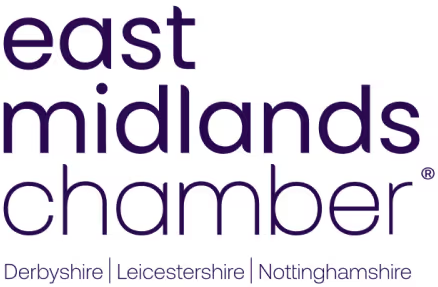The single worst thing you can do when pitching to a journalist
6
June
2023
•
2
min read

What's the one thing a comms professional can do to assuredly get on the nerves of a journalist?
Most journalists would say that the most effective way of getting your story spiked is by sending them a press release - then calling them immediately afterwards.
Yes, they have received your email.
No, they don't need any further information from you at this stage (because they haven't even looked at it yet).
Yes, they will contact you using the details on the press release if they need to know anything else.
Journalists are being constantly bombarded with press releases.
Calling them moments after you send yours will not make you stand out in a good way. It will make you look unprofessional, lacking in confidence, and it will take up their time.
So why does it happen so often?
It likely stems from a lack of understanding by the caller of the rhythms and bottlenecks of a professional newsroom.
Perhaps it derives from a lack of appreciation of the caller's target audience (ie the reporter).
After all, journalists have a job to do as well. How would the caller respond to someone calling them every few minutes to ask if they have seen an email yet?
Our monthly newsletter updates you on
• Small business PR tips
• Regional media updates
• Local innovation & funding
By signing up, you agreeing to receive email marketing communications from 1284.
The most effective PR professionals focus on building relationships with journalists operating in their client's sector or geography.
By understanding their audience (and their audience's audience), the best comms people personalise their press releases for each journalist’s patch or specialism.
Segmenting between different journalists is key to getting your story published.
Showing awareness and understanding of the journalist's needs makes them more inclined to give you a hearing.
Once they do - and the comms professional delivers as promised - trust and relationships build.
This is important for follow-ups and future stories - it means you can get to a stage where they feel confident to come to you directly as an authoritative source.
Over-selling (or hassling) is unhelpful in the short-term and damaging to any future relationship you hope to form.
Building good media relationships matters in public relations. Don't wreck it by pestering busy newsdesks.












